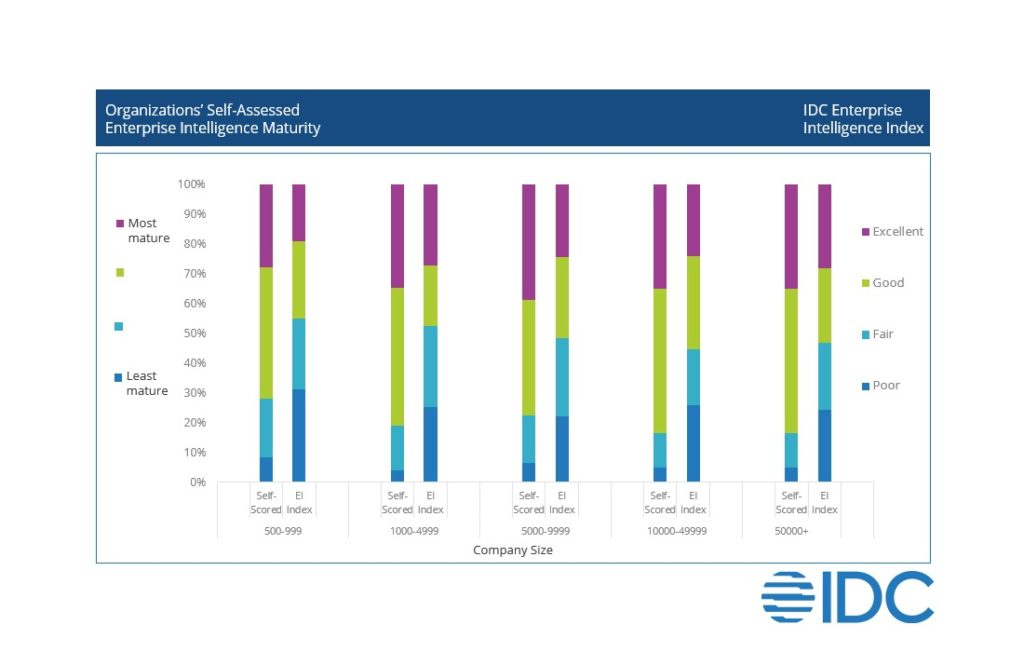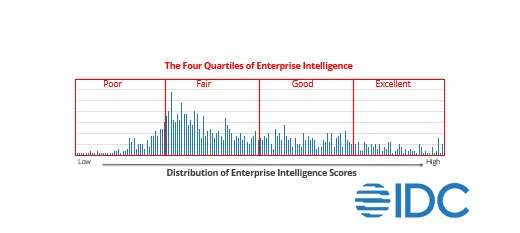Have you ever thought about how intelligent you are? If someone were to ask me that question, I’d likely say that yes, I am fairly intelligent – I have a master’s degree, I have a job that demands analytical thinking and I have been successful at what I do by most measures.
But aside from that, do I really have a way of knowing how intelligent I am? To figure this out, I took an IQ test and while I won’t put my actual score in a blog, I found out that I was especially strong in visual spatial reasoning and have opportunities to improve my abilities in numerical pattern detection. I was overconfident in my numerical skills (especially given my engineering degree!), but beyond just having an IQ score at a point in time, it seemed to me that there had to be more to what intelligence really is. For an individual like me, intelligence is not only about mental acuity, but also about how well I am able to acquire knowledge and recall and apply that knowledge when the situation requires it.
When we try to expand this notion of intelligence to an enterprise, it becomes vastly more complicated. Most organizations don’t have a way of knowing how intelligent they really are. This was proven in a global IDC survey (IDC Future of Intelligence Survey, August 2021) that ran earlier this fall, when we asked respondents to describe how intelligent they thought their organization was. 35% of respondents said they were most mature when it came to enterprise intelligence and 77% said that their organization was in the top two quartiles. If that was really the case, why then do we find two-thirds of employees saying that they don’t use data to drive decisioning? And why do only 34% of organizations say that they were able to successfully leverage their technology investments related to enterprise intelligence (for example, data management, artificial intelligence, business intelligence, knowledge management etc.)?
The chart below shows the difference between the respondents self-assessed maturity of enterprise intelligence and IDC’s measured enterprise intelligence index, for the same organizations.

Based on IDC’s calculation of enterprise intelligence, these organizations didn’t quite have the levels of maturity they thought they had with enterprise intelligence. They were simply overestimating their capabilities. How did we measure their intelligence? We measured their capabilities across four pillars that make up enterprise intelligence, which are: 1) ability to synthesize information, 2) the capacity to learn 3) the ability to deliver insights at scale to all users and 4) a strong data culture that empowers all workers.
We asked respondents several questions to get them to rate their organization’s ability to do the following:
- Synthesize diverse internal and external data sources into information
- Have granular visibility into end-to-end business processes
- Surface actionable information to all users (humans and machines)
- Empower their users with data-driven decision-making
These four are just examples of the types of questions we asked, but each of these questions mapped to one of the pillars of enterprise intelligence. By aggregating the respondents scores, we were able to determine how well they performed and what their gaps were. Some respondents had a high score in their ability to synthesize information but did not do well with delivering those insights at scale to their workers, others struggled with their ability to capture knowledge and share learnings, and top performers had high scores in all four areas.

The distribution of enterprise intelligence scores that you see above is interesting in and of itself, but the true value comes from seeing the correlation between enterprise intelligence and business outcomes. For example, 60% of respondents with excellent enterprise intelligence showed major improvements in decision-making compared to just 1% of those with poor enterprise intelligence. You may think that decision-making is not a measurable business metric. Well, 47% of those with excellent enterprise intelligence were able to improve customer acquisition by more than 10% compared to just 10% of those with poor enterprise intelligence. We have several other business metrics that we can cite – financial performance, employee satisfaction, operational metrics. In every one of these metrics, there is a significant improvement in outcomes when an organization has invested in growing its enterprise intelligence.
So, do you know where your organization’s strengths and weaknesses are with respect to enterprise intelligence? If you want to learn more about IDC’s study on the enterprise intelligence index and how you can leverage it to improve your organization’s performance, please visit Enterprise Intelligence Index Explained or contact me at cgopal@idc.com.
If you would like to learn more about the Future of Intelligence or other IDC’s “Future of X” practices, visit our website.




